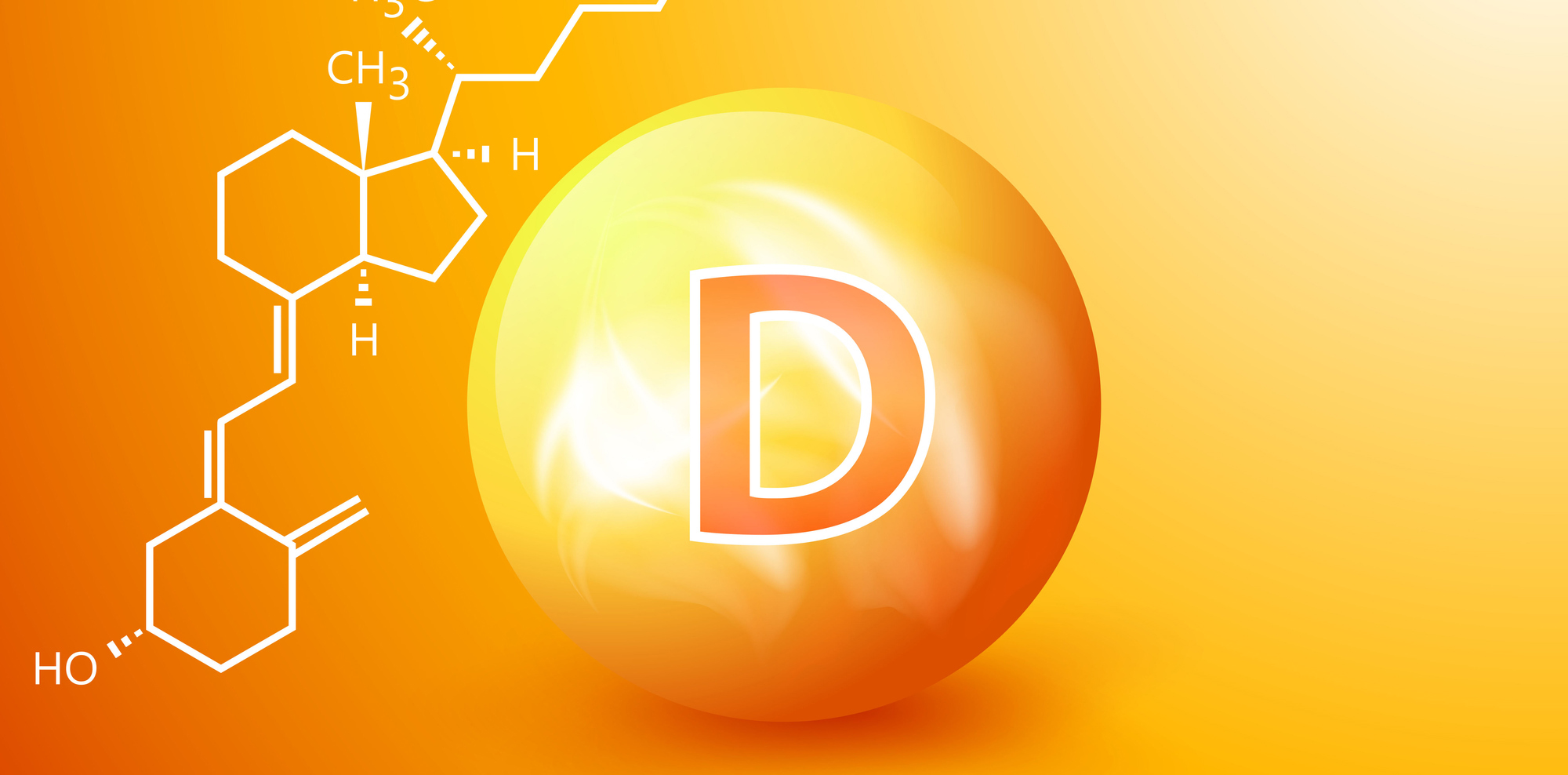It has been suggested that vitamin D supplementation could help prevent and reduce the impact of COVID-19
The following is from Dr Harry Nespolon’s interview with Professor Peter Ebeling, Endocrinologist and Head of the Department of Medicine at Monash University, on the Healthed podcast “Going Viral”.
- It has been suggested that vitamin D supplementation could help prevent and reduce the impact of COVID-19.
- A meta-analysis published in the BMJ in 2017 showed that vitamin D supplementation reduced the incidence of viral respiratory tract infections.
- In the current pandemic, COVID-19 has been associated with a lower mortality in populations closer to the equator compared with those populations further away from the equator where vitamin D deficiency is more likely.
- To date there are no randomised controlled trials to determine if intervention with vitamin D affects COVID-19 infection. However, such studies are currently under way.
- Laboratory studies have shown that vitamin D has antiviral, anti-inflammatory and lung protective properties.
- Mechanisms by which vitamin D could influence COVID-19 include:
- The conversion of the inactive form of vitamin D to the active form not only takes place in the kidney, but can also occur in cells in the lung and in lymphocytes with the overall effect being anti-inflammatory.
- The SARS-CoV-2 enters cells in the respiratory system via ACE2 receptors. Vitamin D can also activate these receptors and thereby inhibit the coronavirus entering the cells.
- Vitamin D can inhibit one of the specific proteins that is important in the viral replication of COVID-19
- While yet to be proven, it would be prudent to consider vitamin D supplementation, particularly in the southern states of Australia where vitamin D deficiency is more likely, as a means of protecting against COVID-19.
- It is known that 23% of Australia’s population is vitamin D deficient (<50nmol/L), the prevalence is higher in the southern states especially in the winter months.
- The daily requirement for vitamin D is 600-800U. Diet usually accounts for 110U a day with the balance being made up by UVB.
- Daily or weekly supplementation with vitamin D can be safely recommended at doses of 1000U/day. Severe deficiency and people who are obese warrant higher doses for supplementation.
- Vitamin D is a fat-soluble vitamin and will be better absorbed if taken with a fatty meal.


